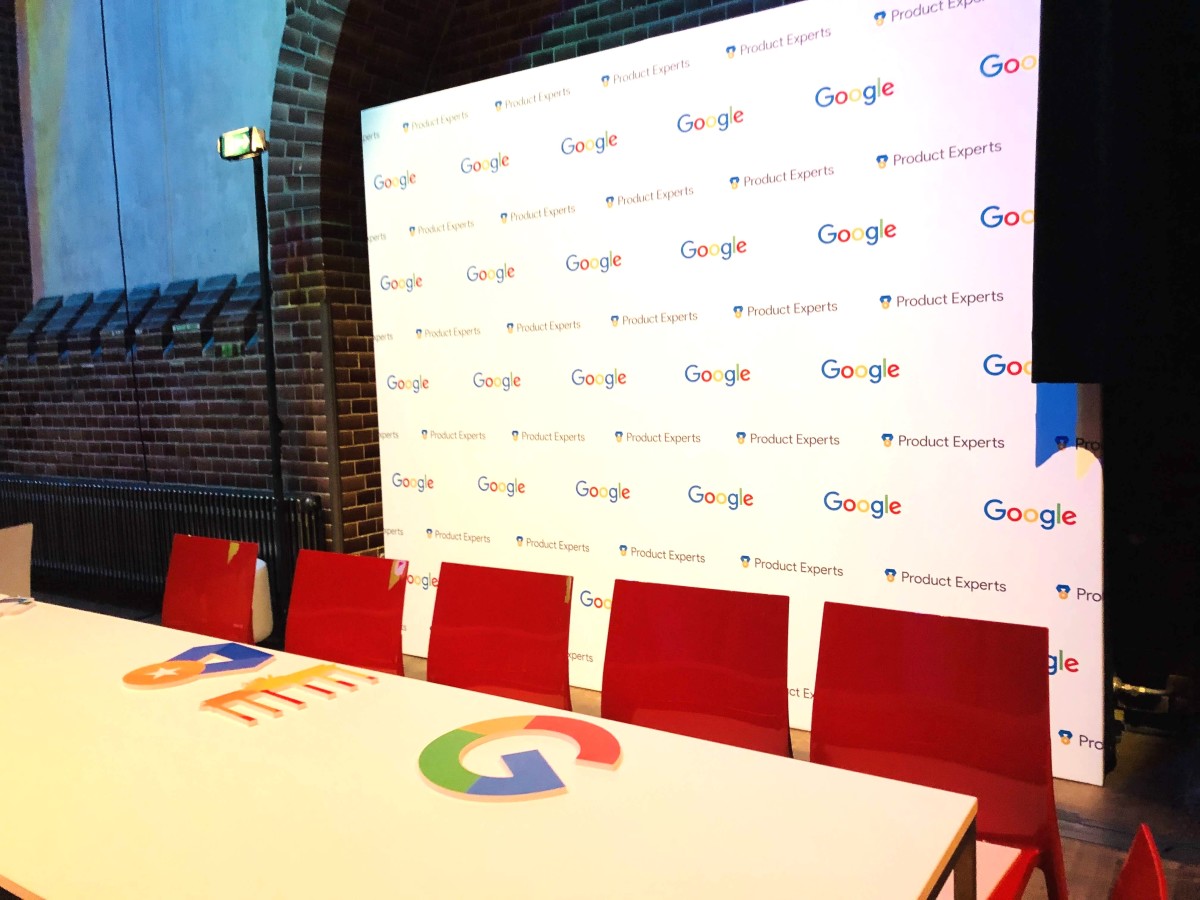It’s not just about the power of accessing a virtually infinite amount of information, thanks to the Internet. It’s the realization of what’s behind that white page with a search box that millions of people use every day to start their journey on the web.It’s also thinking about how services like Google categorize an entire heritage of information from the human race.
Google Keeps an Entire Heritage of Humanity Inside its Servers
A single company headquartered in California can archive an indescribable amount of data, including but not limited to:
Cache copies of web pages indexed in the search engine (Google is archiving a static copy of each page of the vast majority of the websites people can access). An entire heritage of literature is available on Google Books (Google is maybe the most extensive library in the world). Spherical photos from almost the entire planet are hosted on Google Street View (not many people are aware that Google even archives the same spherical images taken from different periods so that it is freezing and preserving the world multiple times). Data about most of the commercial places, natural areas, public attractions, and all about the public life in most parts of the world (Google is maybe the most extensive phonebook of commercial activities and travel guide in the world).
This list may be already enormous to someone who stops a little and thinks that Google is keeping everything related to the whole human species, past and present, in digital form within their servers. But it may look even more astonishing if one also considers the other data Google hosts on its servers:
The entire YouTube platform, which is the leading video sharing service in most parts of the world (this makes Google hosting not only a virtually countless number of personal videos posted by users but also the incredible amount of music and movies produced). An incalculable number of documents, personal photos, phone contacts, emails, and other stuff belonging to the millions of users owning a Google Account and hosting everything about their life on Google servers. The Google Cloud platform also provides hosting to other services that want to set the base of their digital services on the same data centers powering Google services (such as Spotify, which is hosted on the Google Cloud, meaning Google is storing our vast musical heritage as well).
Suppose the future played out like a science fiction movie. In that case, one can imagine someday that aliens traveling to Earth long after human extinction could access this vast trove of information and reconstruct our lives and memories. Google’s servers alone would be all they need!
What Is the Price To Pay for Storing Such a Huge Amount of Data?
Once you stop a minute to think about this, the next logical question one may ask is: what is the price to pay for preserving humanity’s entire ‘dataome’ of lived knowledge and experience? Is it possible that Google will someday run out of storage space? What are the consequences of Google filling its servers to the brim?
How Google and Other Large Companies Store User Data
The description will be free of technical terms and delivered in the most simplistic way possible for people curious about how Big Tech stores all this data. Try to imagine a hard disk, like the one featured in every personal computer, with a capacity of several terabytes. Then, try to imagine several hard disks grouped into a single machine. Finally, try to imagine several devices grouped in a closet; several of these closets are located in an enormous data center building. And there are also several of these data centers in every part of the world. Combining all these machines and data centers makes it possible for services like Google, Facebook, and YouTube to handle petabytes of data with no worries (and the ability to create redundant copies of this data). Also, consider that these companies have engineers who constantly monitor the machines, upgrade them, and replace broken parts.
So Will Google, YouTube, or Facebook Ever Run Out of Storage?
Technically, Google, YouTube, Facebook, or other companies may run out of storage space sometime in the future. It is also feasible, though very unlikely that all the hard disks and servers could all be corrupted or broken at once, eliminating our stored info from existence. Google and the Google logo are trademarks of Google LLC. A similar scenario doesn’t happen thanks to the work of engineers who constantly maintain the data centers and ensure everything works perfectly. They ensure that all the machines are working and all the hard drives stay healthy. They check that there are always redundant copies of the data and enough free space for additional files to be stored. Right now, we could not preserve this data indefinitely without human engineers. In the future, however, it’s conceivable that automated bots and artificial intelligence could inherit the job and keep our digital museum of experience and knowledge running for billions of years after we’re gone. This article is accurate and true to the best of the author’s knowledge. Content is for informational or entertainment purposes only and does not substitute for personal counsel or professional advice in business, financial, legal, or technical matters. © 2022 Alessio Ganci


